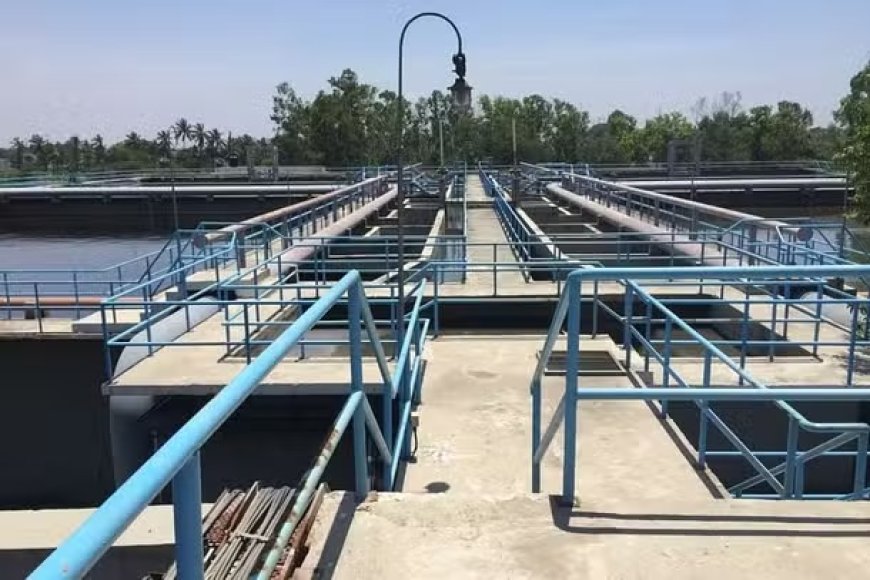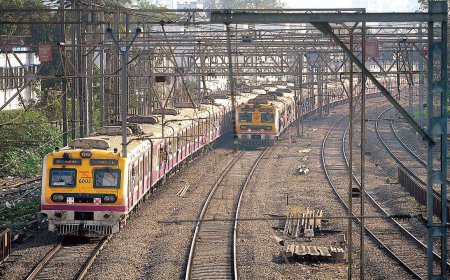In a pioneering move to address Mumbai's water scarcity, the Brihanmumbai Municipal Corporation (BMC) is set to upgrade its Colaba Sewage Treatment Plant (STP) into an Advanced Tertiary Plant (ATP) that will treat and recycle sewage water, making it fit for potable use. The ambitious project marks the city's first step toward converting treated sewage into drinkable water.
Currently, Mumbai generates a staggering 2,190 million liters per day (MLD) of sewage, yet only 22.65 MLD (1%) is recycled for non-potable purposes, such as gardening, road cleaning, and firefighting. The remainder of the untreated sewage is flushed into the sea and creeks, exacerbating pollution levels. To combat this issue, the BMC initiated a Rs 28,000 crore STP project in 2023, which will see the construction of seven new STPs capable of treating 2,464 MLD of sewage daily by 2026.
Among the existing STPs, the Colaba facility, operational since 2020, is the largest with a current treatment capacity of 37 MLD. However, it is currently recycling only 15 MLD for non-potable uses. With the upgrade to an ATP, the BMC plans to make the water suitable for human consumption, bridging the gap between water demand and supply in the city. Currently, Mumbai requires 4,200 MLD of water daily, but BMC can only supply 3,850 MLD.
According to BMC officials, the treated water from the upgraded Colaba STP will be distributed to residential and commercial units for potable use. To ensure transparency, the BMC will invite suggestions and objections from residents before the plant becomes operational.
The upgrade is part of a broader plan to enhance the city's water management and recycling capabilities. A tender for the project will be issued next year, and once completed, the upgraded Colaba STP will serve as a model for other existing plants in Banganga, Chembur, and Charkop. Meanwhile, the new STPs being built under the Rs 28,000 crore project will be designed from the outset to produce potable water.
This initiative is expected to significantly reduce Mumbai's water shortfall and improve the sustainability of its water supply, making a critical contribution to the city’s long-term water management strategy.




 Previous
Article
Previous
Article











